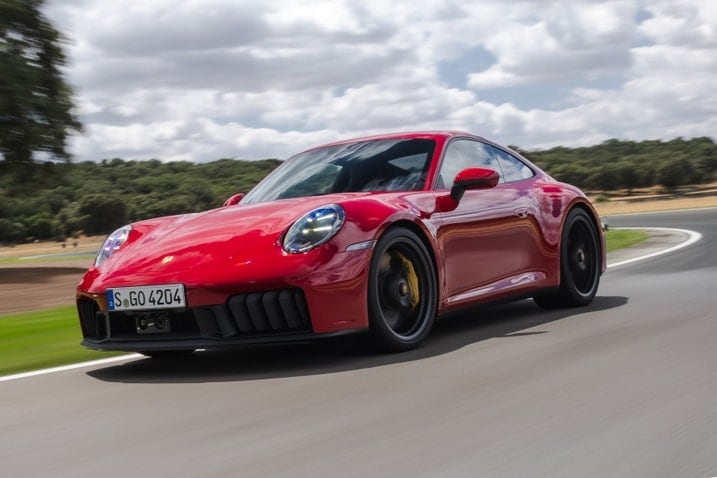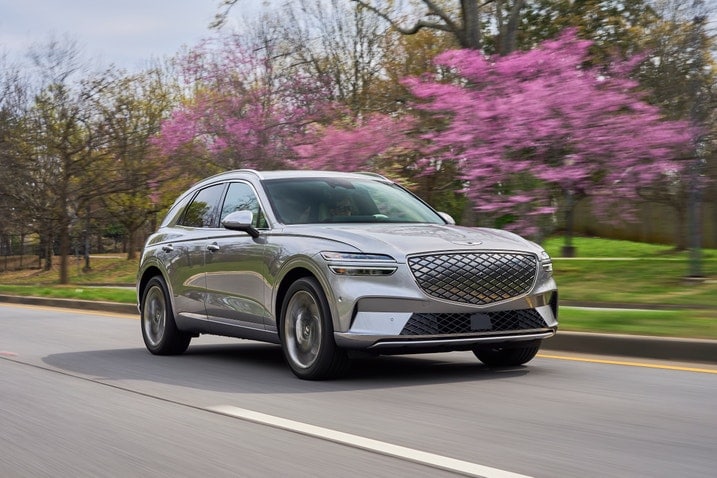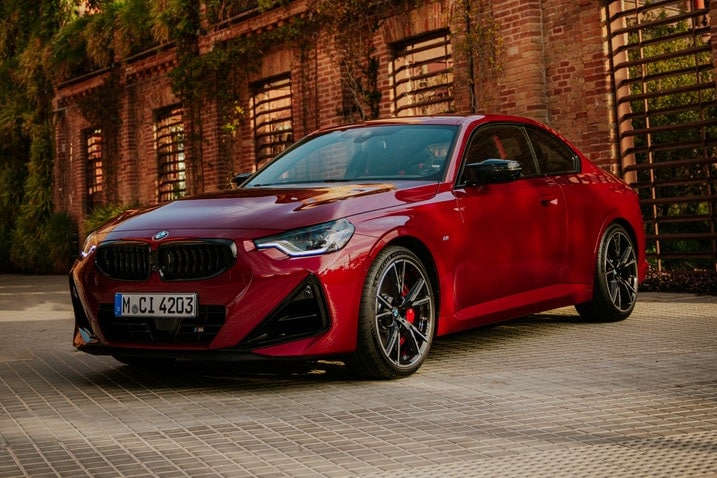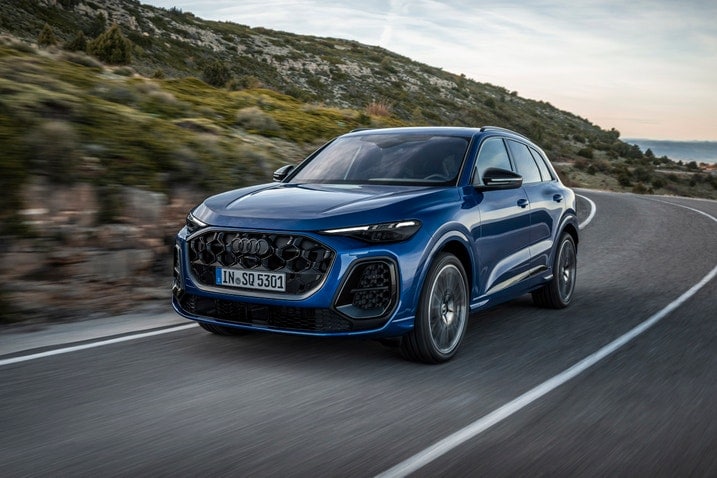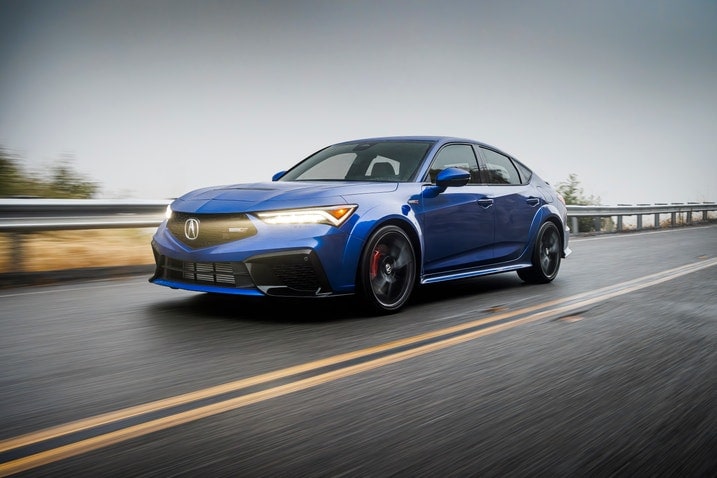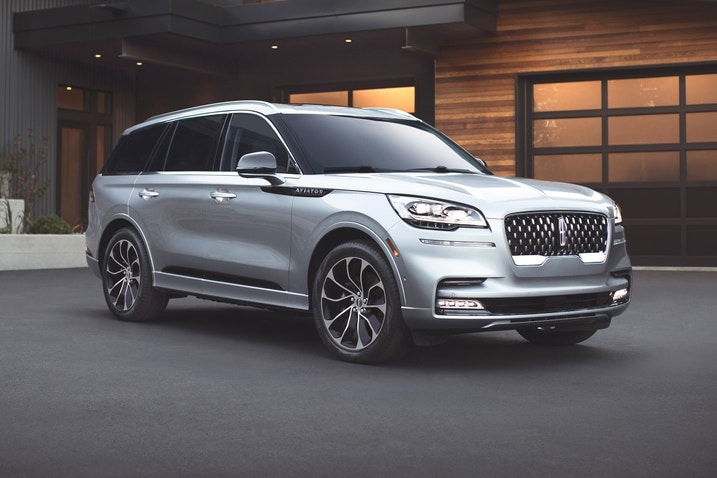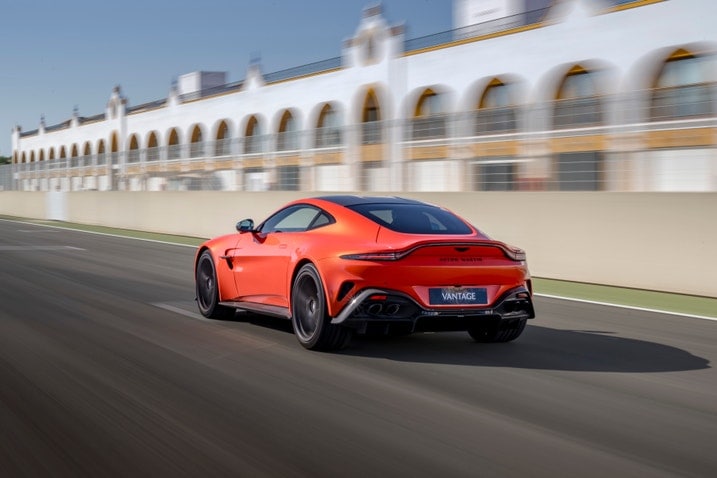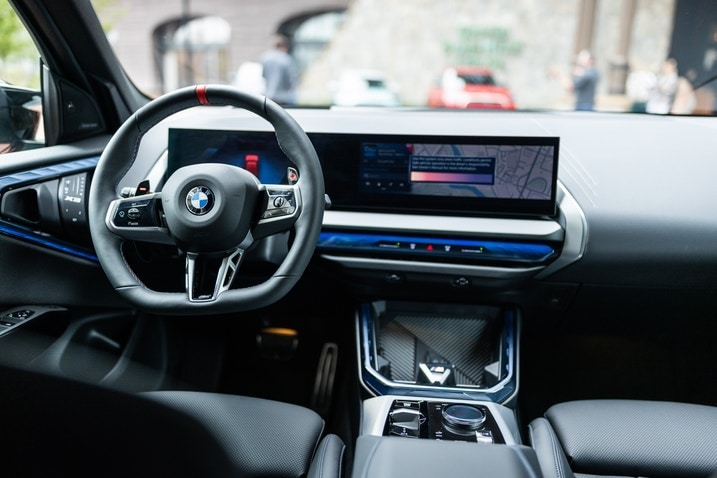The best luxury car brands for 2025 boast classy styling, high-end interiors with all the latest technology, and refined driving manners designed to coddle occupants and provide an elevated ownership experience. Today’s top luxury car brands offer a range of sedans and SUVs that feature diverse powertrains, including traditional gas engines, hybrids, plug-in hybrids and fully electric options. They also vary widely in price, with several notable cars and crossovers selling near the national average price — hovering a little under $50,000 these days — and others running into the hundreds of thousands of dollars.
Since the line between luxury cars and mainstream cars is blurrier today than ever, strong choices can be found from both true luxury brands and models from less obvious automakers with high-quality cabins and comfortable rides. We’ll call those more traditionally mainstream “luxury” cars out specifically.
Let’s take a closer look at the best luxury car brands in America. We’ve ordered the list using J.D. Power’s Initial Quality Study rankings for premium brands (plus one at the end that’s a bit too exclusive to be ranked).
Jump to:
Top 10 luxury car brands
Most reliable luxury car brands
Best luxury sports car brands
German luxury brands
Japanese luxury brands
American luxury brands
Honorable mentions
What top luxury car brands offer
What about EV brands?
Top 10 luxury car brands
Porsche
While Porsche may be best known for high-performance sports cars like the 911, Boxster and Cayman, the bulk of its sales come from luxurious SUVs like the Cayenne and Macan that blend traditional German attributes like buttoned-down handling and peerless powertrain engineering with a surprising level of luxury and comfort. Porsche is also a leader in luxury EVs with standout models like the Taycan and Macan Electric.
Lexus
As the best-selling premium brand from Japan, Lexus leads the way for buyers looking for attainable luxury combined with a well-earned tradition of dependability. Lexus stands out from other premium automakers due to its class-leading hybrid and plug-in hybrid technology that is spread throughout its lineup. But if you’re looking for a pure electric luxury machine, it’s best to look elsewhere.
